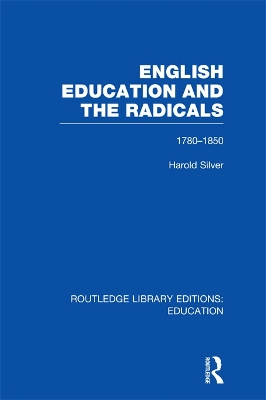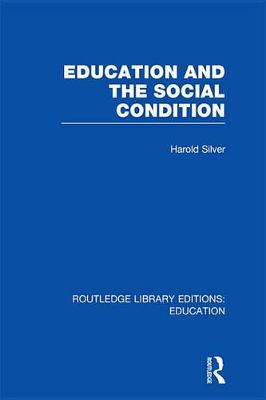Routledge Library Editions: Education
2 total works
The radicalism of the period from the 1780s to the mid-nineteenth century represented a harnessing of knowledge in protest against injustices and oppression, a pooling of effort to transform society. In this book the author explores the main strains in working and middle-class radicalism over this crucial period, with emphasis on the educational ideas and activities of radical movements, their spokesmen and ideologies.
The author stresses some of the central educational interests of radical movements through the radical organizations of the 1780s and 1790s, and early nineteenth-century political and social movements, including the utilitarians, Owenites, Chartists and Tory radicals. He discusses educational ideas and action with regard to infants and adults, basic literacy and political understanding, examines some of the forms of study, self-education and propaganda to political action.
This book is a study in miniature of the processes of political and social change in a period of industrial, political and social revolution - its theme is education in its widest sense.
This book reviews the educational experience of the 1960s and 1970s and to suggest ways of approaching major contemporary themes such as equality, accountability and standards. The author underlines a nineteenth and twentieth-century sociological tradition in analysing education and covers a range of educational themes including aspects of schooling and higher education, education as social policy, knowledge as power, and teaching and adolescence. He draws on the social history of many of the processes, concepts and debates. Parts of the book derive from research into the history and contemporary forms of these problems in the USA. The volume therefore illuminates important contemporary issues in education and society by using historical, sociological and comparative insights.

